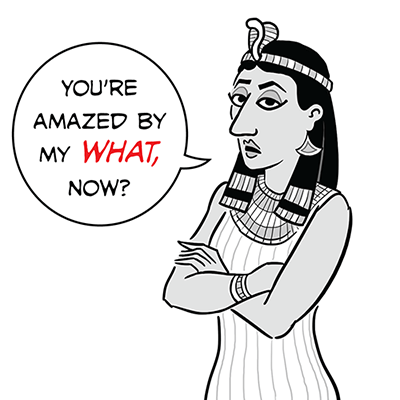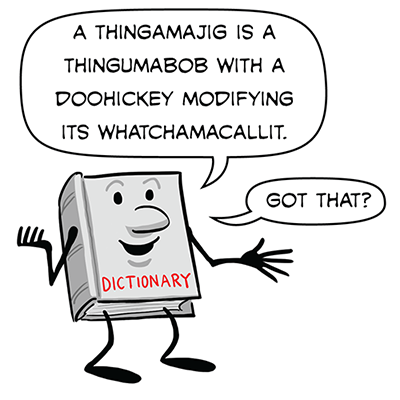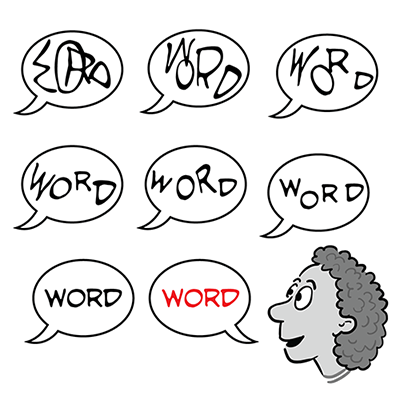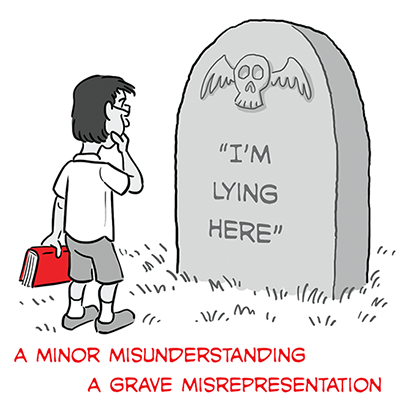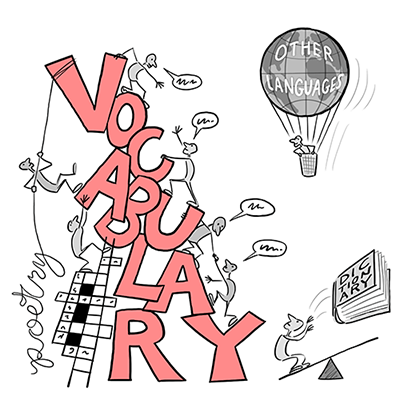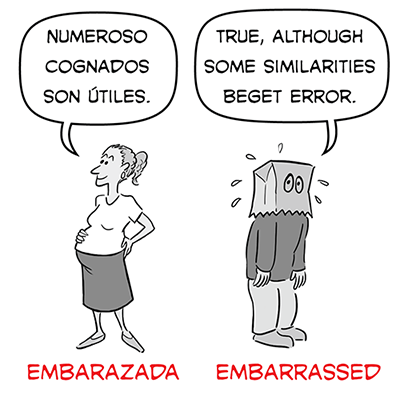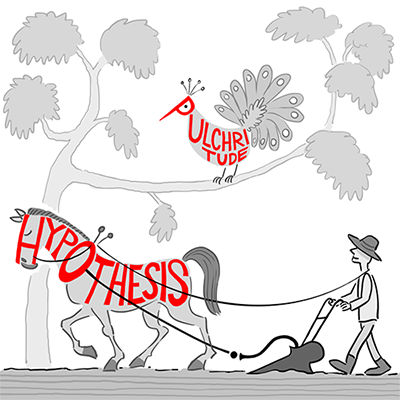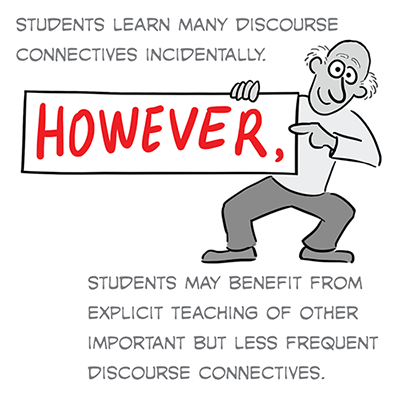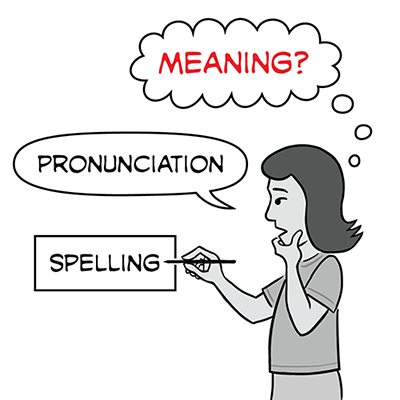About Vocabulary Instruction
Twelve Vocabulary Teaching Myths Debunked
Myth #1: Explicit teaching doesn't work.
Myth #2: Word meanings can usually be inferred from context.
- Cleopatra's subjects were amazed at her pulchritude.
- Cleopatra was popular because of her beauty; her subjects commented approvingly on her pulchritude.
Myth #3: Students can learn word meaning from dictionary definitions.
- The dishes come out of the dishwasher chaste.
- If you do that there will be nothing but consequences.
Myth #4: We can understand texts in which we know 75% of the words.
Myth #5: We can learn a word from just a few exposures.
Myth #6: Word meaning is simple—a word means what it means.
- His problems continued to dog him.
- They spooned up to keep warm.
- Let's table the motion and consider it tomorrow.
- He ran the experiment as soon as the conditions were right.
- The comptroller found a way to eat the expenses.
Myth #7: There is only one route to word study.
Myth #8: False cognates dominate the cognate world.
Myth #9: All infrequent words are of equivalent importance.
Myth #10: Discourse connectives get learned incidentally.
Myth #11: Students know when they don't know words.
Myth #12: If you can spell/pronounce a word you know it.
Nine Proven Approaches to Teaching Vocabulary
Ideas for Introducing New Words in the Classroom
Evelyn Ford-Connors of Boston University answers questions related to introducing new words in the classroom.
What are some of the basic ways to introduce students to new words?
Help us understand how this 6th grade teacher broadens the definition of "eligible" from the simplified version (to be able).
What is meant by "mapping" a word?
What are other effective teaching strategies that support the classroom use of Word Generation?
Is academic language just the latest faddish thing in teaching?
Development of Word Generation was led by Catherine Snow (Harvard University) and Suzanne Donovan (SERP). Major SERP contributors to program development include: Claire White, Alyse Krantz, Halley Wheeless, Matt Ellinger, David Dudley, and Patrick Hurley. Boston Public Schools and other districts in Massachusetts and Maryland collaborated with SERP to develop Word Generation.
Support for Word Generation was provided by the Carnegie Corporation of New York, the William and Flora Hewlett Foundation, the Noyce Foundation, the Spencer Foundation, the Leon Lowenstein Foundation and the Institute of Education Sciences, U.S. Department of Education through grant numbers R305A090555 and R305F100026. The information provided does not represent views of the funders.


